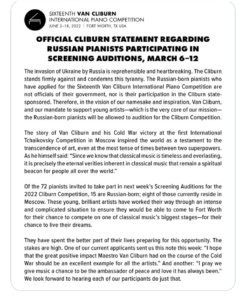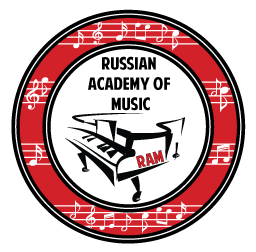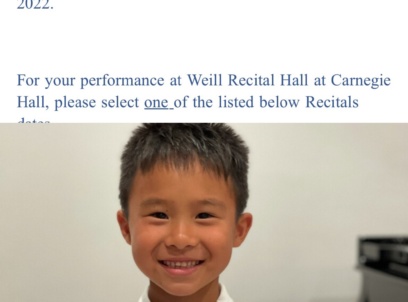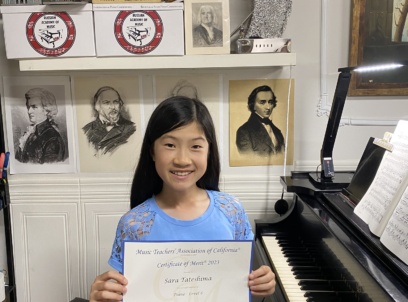The war in Ukraine looms over the prestigious contest named for the pianist Van Cliburn, who was a symbol for art transcending global politics.
FORT WORTH, Texas — On a sultry recent morning, 30 young pianists from around the world gathered in an auditorium at Texas Christian University here for the start of the Van Cliburn International Piano Competition, one of the most prestigious contests in classical music.
The mood was celebratory. But politics also loomed. The Cliburn, defying pressure to ban Russian competitors after the invasion of Ukraine, had invited six Russians to take part, as well as two pianists from Belarus, which has supported the Russian invasion. A Ukrainian also made the cut.As they signed posters outside the auditorium and were fitted for cowboy boots, a Cliburn tradition, several competitors from those countries said that they found it difficult to think beyond the war.
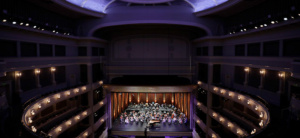
“It’s a tragedy, what’s happening now,” said Dmytro Choni, a 28-year-old pianist from Kyiv. “I’m trying to stay focused on the music.”Ilya Shmukler, 27, a competitor from Russia, said he at times felt guilty about the invasion. “The key words for me,” he said, “are shame and responsibility.”
The politics surrounding the Cliburn competition show the depths to which the war has upended the performing arts. Largely unaccustomed to grappling with geopolitical concerns, arts organizations are now being forced to resolve difficult questions about the rights of Russian and Ukrainian artists, the morality of cultural boycotts and the limits of free expression. Many institutions have cut ties with artists closely associated with President Vladimir V. Putin of Russia, while continuing to welcome Russians with less public political leanings.
Competitions like the Cliburn, which help determine who rises in the field, have come under intense scrutiny. Some contests, responding to pressure from board members and activists, have banned Russians altogether. Others have announced plans to disinvite Russians, only to face a backlash and reverse course weeks later.The Cliburn, named for Van Cliburn, an American whose victory at the International Tchaikovsky Competition in Moscow in 1958, during the Cold War, was seen as a sign that art could transcend politics, said that it had an obligation to defend Russian artists, who have long been a prominent force in classical music.The Cliburn has also taken steps to ensure some degree of political conformity, warning competitors that any statements in support of Putin or the invasion of Ukraine could result in disqualification or the revocation of awards.
“I don’t think sanctioning a young pianist who is 22 years old will have an effect on the Russian government,” said Jacques Marquis, the Cliburn’s president and chief executive. “That will play exactly into the playbook of Putin, if we isolate the Russian people.”
While the Cliburn was widely applauded in the arts world for allowing Russians to compete, the decision has alienated some Ukrainian activists and Texas residents. Some argued that the only way to put pressure on Moscow to end the invasion is to cut political, economic and cultural ties.
Russian participants said they felt that the Cliburn offered a platform to remind the world of a side of Russia distinct from Putin’s bellicosity.
Each Russian pianist feels like he/ she had grown distant from contemporary Russia but at the same time is intimately tied to its history, and particularly to the music of composers like Scriabin and Rachmaninoff.
Thank you, Cliburn competition for the opportunity given to Russian pianists, rising above all political conflicts